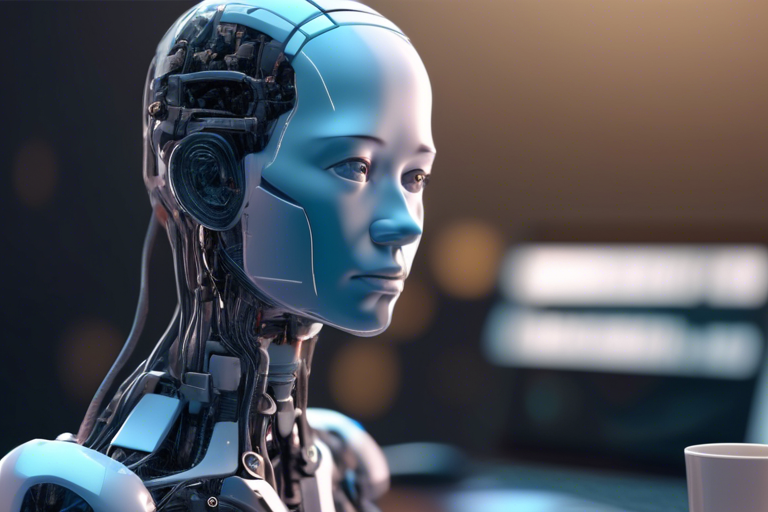Impact of AI on Employee Well-being: A Closer Look
As a crypto reader, you may already be aware of the increasing role of AI in the workplace. While AI undoubtedly enhances efficiency and productivity, its impact on employee health and social well-being is a topic that deserves attention. Let’s delve deeper into the effects of AI on employees’ well-being and explore how organizations can mitigate potential negative consequences.
The Loneliness Epidemic: How AI is Contributing
One of the significant challenges that employees face with the widespread adoption of AI is the feeling of isolation and loneliness. Research has shown that…
- AI-induced isolation can lead employees to prioritize human relationships
- Seeking social connections to compensate for the lack of interaction at work
- Stressors such as alcohol consumption and insomnia may arise
The findings from four studies involving 580 employees revealed that prolonged exposure to AI systems in the workplace can have detrimental effects on employees’ well-being. As organizations focus on efficiency gains through AI deployment, they may inadvertently overlook the impact on their most valuable asset: their human workforce.
Striking a Balance: Humans vs. AI
While AI can automate mundane tasks and improve productivity, there is a downside to this increased reliance on technology. Employees may find themselves…
- Feeling socially isolated due to limited human interactions
- Experiencing a heightened fear of job insecurity
As work becomes increasingly automated, employees’ sense of social connection diminishes, potentially leading to feelings of loneliness and disengagement. The push for greater AI integration in the workplace can backfire, eroding productivity over time and fostering a culture of loneliness.
Addressing the Human Element in AI Integration
Organizations must acknowledge the importance of prioritizing human well-being alongside technological advancements. Efforts to promote inclusiveness and social connections can…
- Enhance employee bonds with colleagues
- Encourage a sense of shared humanity and collaboration
While AI tools are increasingly prevalent in the corporate landscape, it is crucial to strike a balance between leveraging technology for efficiency gains and nurturing a supportive work environment. By emphasizing human interactions and creating opportunities for team-building activities and social engagement, organizations can mitigate the adverse effects of AI on employee well-being.
Hot Take: Balancing AI Advancements with Human Connection
As the integration of AI continues to reshape the modern workplace, the emphasis on prioritizing human relationships and well-being is more critical than ever. By recognizing the potential downsides of excessive reliance on AI and taking proactive steps to foster a culture of inclusivity and social connection, organizations can create a more harmonious and productive work environment for their employees.
Sources:





 By
By
 By
By
 By
By
 By
By

 By
By